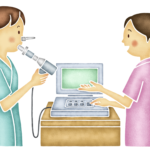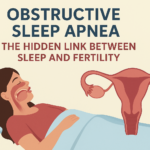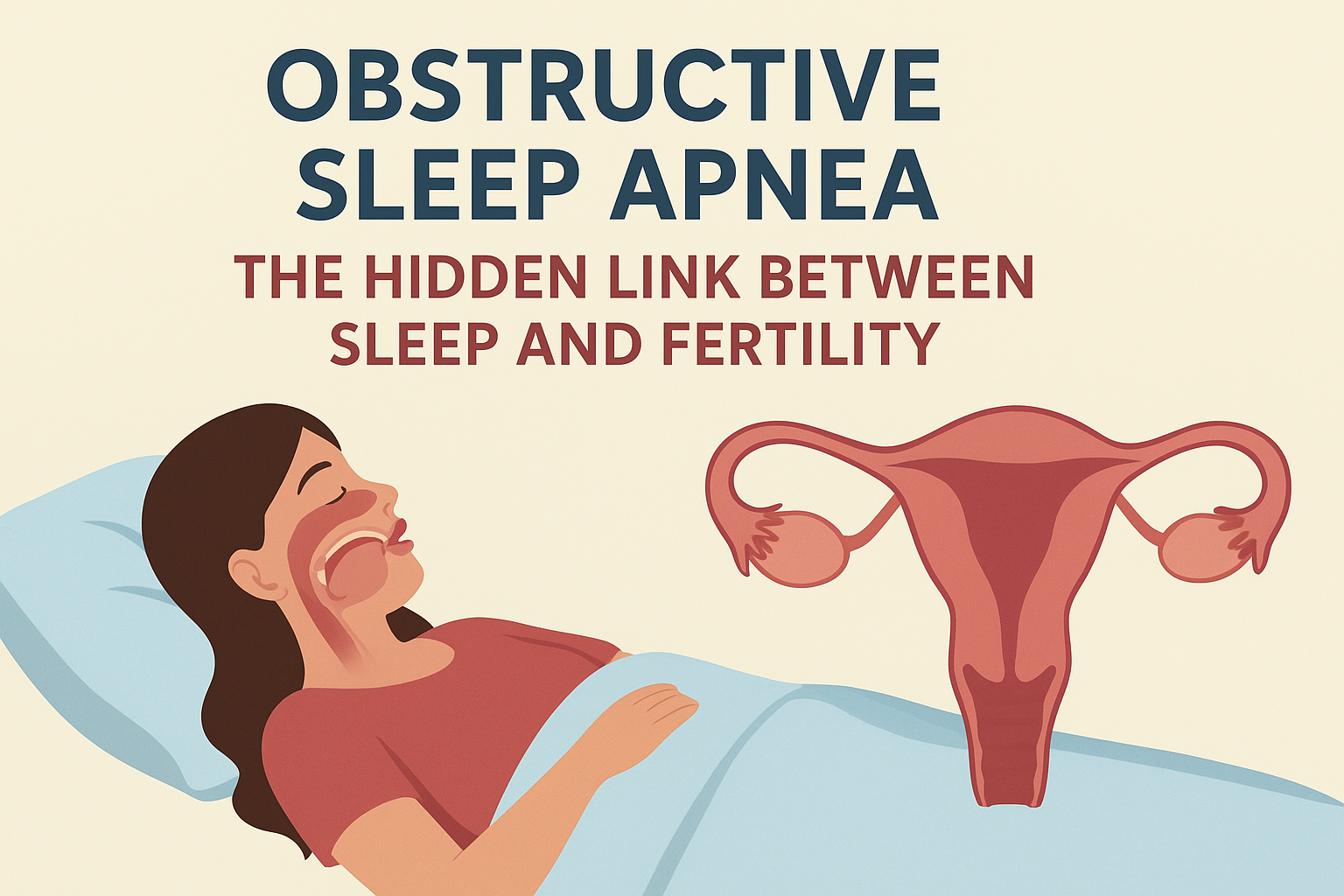June 29th 2021|| Narcolepsy, Symptoms by Dr.Manvir Bhatia & Saunri

Introduction to Narcolepsy
Narcolepsy is a sleep disorder that causes excessive daytime sleepiness, hallucinations, cataplexy, and sleep paralysis. Narcolepsy affects 25 to 50 per 100,000 individuals in western countries. Due to the lack of documentation and lack of diagnosis, the prevalence of Narcolepsy in India is still not confirmed.
Symptoms of Narcolepsy:
- Excessive daytime sleepiness (EDS): It is an irresistible urge to sleep that occurs irrespective of the place and time in the form of sleep attacks or microsleep, that is very short amounts of sleep up to 30 seconds while driving, walking etc.
- Hallucinations: These are dream-like experiences that occur either during sleep or after waking up.
- Cataplexy: It is the loss of muscle tone triggered by a strong emotional response, in which the person loses voluntary control of his/her muscle such as drooling of eyelids.
- Sleep Paralysis: During sleep paralysis, there is a loss of voluntary muscle tone during sleep , or sleep onset ,as a result of which the person is unable to move or speak. This lasts for a few min and improves spontaneously
Types of Narcolepsy
There are two types of Narcolepsy:
Type 1: In this type, there is an extreme deficiency of hypocretin neurons and cataplexy is major symptom. Genetic factors, bacterial and viral infections can predispose an individual to developing this type of narcolepsy.
Type 2: In type 2 narcolepsy, cataplexy does not occur.
Causes Of Narcolepsy:
Orexin or hypocretin is a neuropeptide that regulates sleep produced by orexin or hypocretin neurons in the brain. Loss of these neurons is the major cause of narcolepsy.
Under normal conditions, orexin/hypocretin leads to loss of muscle strength during REM sleep. In narcolepsy, the orexin deficiency affects the muscle state during sleep and also affects the Reticular Activating system that controls the sleep/wake transition.
Diagnosis of Narcolepsy
For the diagnosis of Narcolepsy the following tests may be done:
- Polysomnogram
- MSLT (Multiple Sleep Latency Test)
- HLA typing
- Orexin level in the Cerebrospinal Fluid or brain fluid.
If it is found that the individual has hypocretin deficiency, experiences cataplexy, and has short REM sleep sleep latency, the person is diagnosed with Narcolepsy.
Treatment of Narcolepsy:
Narcolepsy is treated according to the symptoms. Drugs such as Modafinil or armodafinil are prescribed for excessive daytime sleepiness, and drugs such as Xyrem for cataplexy. When these drugs are found not to be working, the second line of treatment includes amphetamines, antidepressants, and SSRIs. New drugs like Pitolisant and Solriamfetol have been developed and approved for treatment against Narcolepsy.
Behavioural modifications can also help to treat Narcolepsy. These modifications include maintain a regular sleep schedule with enough time dedicated for sleep. Regular exercise will also help to treat Narcolepsy. Taking small naps in the day can help to deal with Excessive Day Time Sleepiness or EDS.
Conclusion
Narcolepsy is a serious life-long disorder with no proper cure yet. It severely affects patient’s social life, memory, causes physical and mental fatigue and affects their ability to perform routine tasks. One should see a doctor when he/she is experiencing excessive daytime sleepiness, hallucinations, sleep attacks, or cataplexy.
To seek help or know more about Narcolepsy, you can visit the Neurology and Sleep Centre, the 1st sleep centre in the country accredited by Indian Board of Sleep Medicine at L-23, Hauz Khas Enclave, New Delhi, Delhi-110016 (INDIA)
Or give a call on +91-11-46070321, +91-9643500270,
References;
Barateau, L., & Dauvilliers, Y. (2019). Recent advances in treatment for narcolepsy. Therapeutic advances in neurological disorders, 12, 1756286419875622.
Chieffi, Sergio, Marco Carotenuto, Vincenzo Monda, Anna Valenzano, Ines Villano, Francesco Precenzano, Domenico Tafuri et al. “Orexin system: the key for a healthy life.” Frontiers in physiology 8 (2017): 357.
Slowik, J. M., Collen, J. F., & Yow, A. G. (2020). Narcolepsy. StatPearls [Internet].
Barateau, L., & Dauvilliers, Y. (2019). Recent advances in treatment for narcolepsy. Therapeutic advances in neurological disorders, 12, 1756286419875622.











